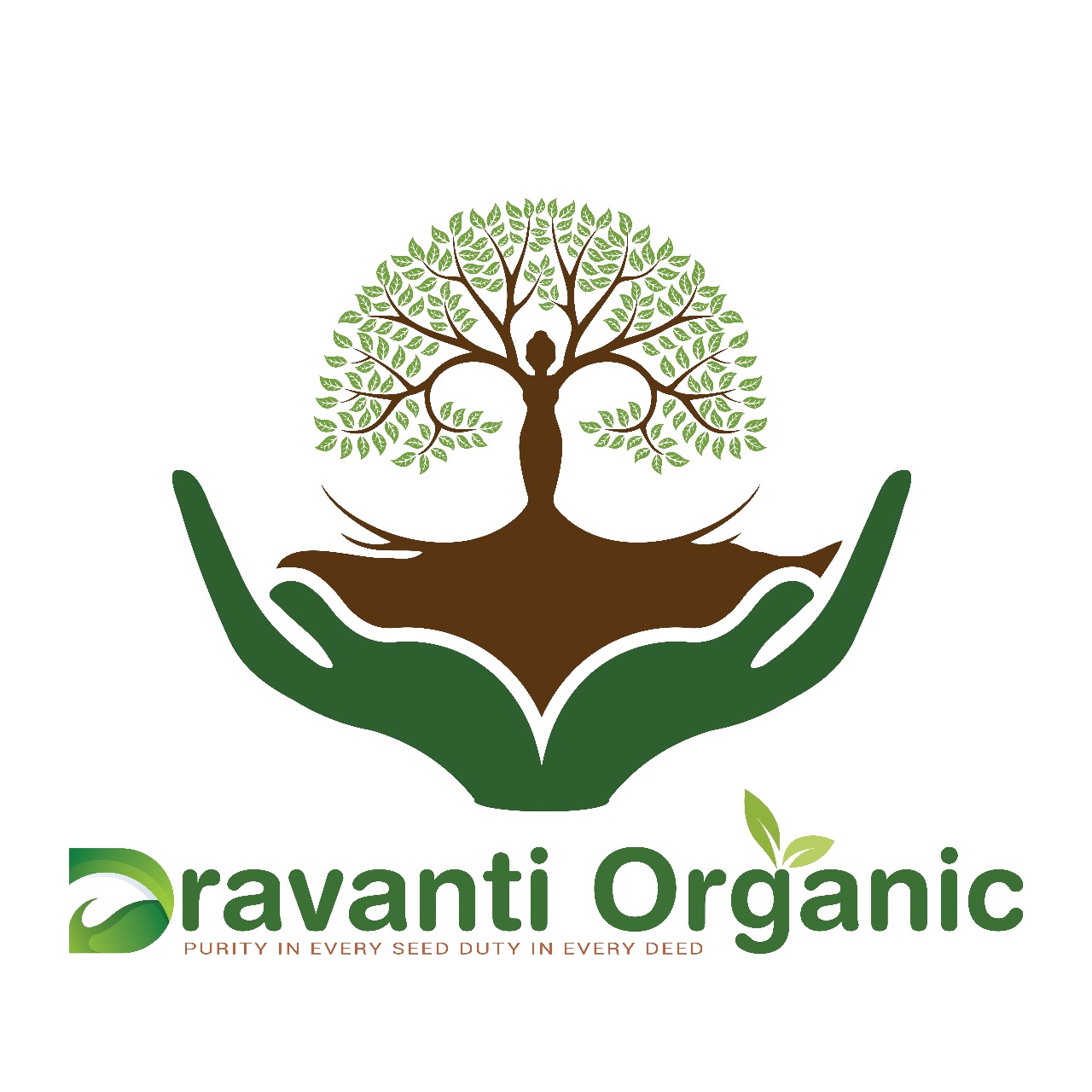
Not all Moringa powders are created equal. If you’re aiming to get the full health benefits of this superfood, choosing **organic** Moringa is crucial. Here’s why organic certification matters, especially when it comes to products you consume daily.
Free from Harmful Chemicals
Conventionally grown Moringa may be exposed to chemical fertilizers, pesticides, and other synthetic additives. Organic Moringa, on the other hand, is grown without harmful chemicals, ensuring you consume a cleaner, safer product.
Higher Nutrient Density
Organic farming practices focus on soil health and sustainable methods, which often result in a more nutrient-dense crop. This means your organic Moringa powder may contain higher levels of vitamins, minerals, and antioxidants.
Better Taste and Aroma
Many people notice a fresher, more pleasant taste with organic Moringa. The leaves are usually shade-dried to preserve flavor and nutrients, giving the final powder a rich, earthy aroma and color.
Sustainable and Eco-Friendly
Organic farming supports biodiversity, reduces pollution, and preserves water and soil health. By choosing organic, you’re not only benefiting your own health but also contributing to environmental sustainability.
Transparency and Trust
Certified organic products go through strict quality checks and audits. When you see an organic label, it reflects a commitment to high standards and purity.
In conclusion, organic Moringa is a better choice not just for your body, but for the planet. When buying Moringa powder, always check for organic certification, source information, and ingredient transparency. After all, true wellness starts with what you put in your body.
